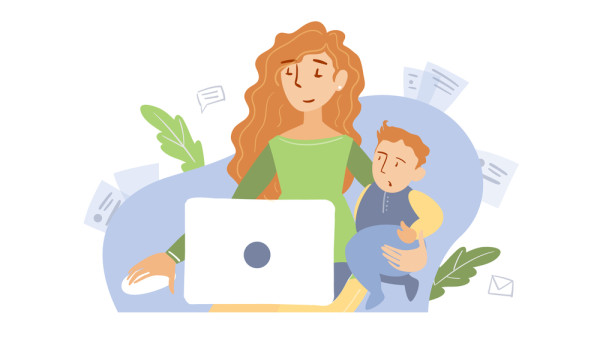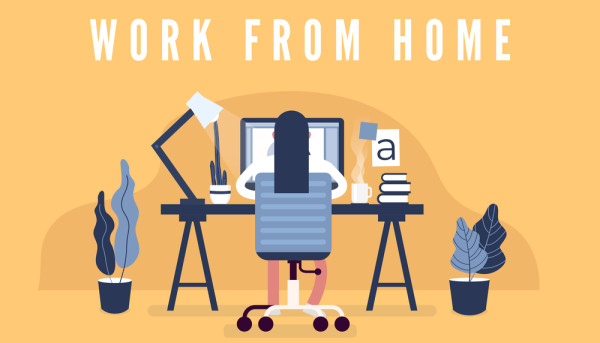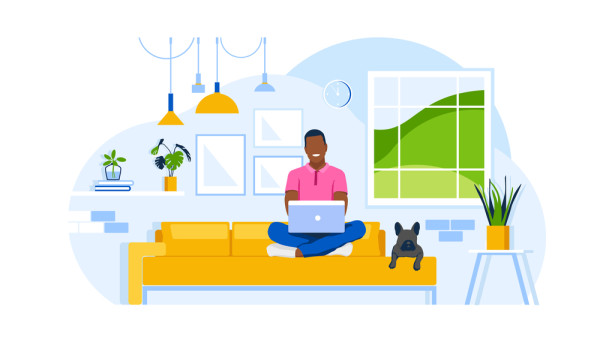Protecting Yourself From Financial Fraud and Scams
Financial fraud can have devastating repercussions. Knowing the signs to watch out for can help protect you against becoming a victim of this criminal activity.
Scams in financial matters include credit card fraud, identity theft, phishing and fraudulent investment schemes. Protecting yourself against financial scams is crucial to reaching your financial goals while staying secure.
Keep an Eye on Your Bank Accounts
Staying vigilant against financial fraud requires keeping an eye on your bank accounts. Scammers could use access to your personal data and account numbers to commit identity theft or siphon funds out of your checking account - so monitor these closely, reporting any transactions which seem unfamiliar immediately.
Keep a keen eye out for emails or phone calls purporting to be from service providers and asking you for confidential personal data such as banking passwords - this scam is known as "phishing", and can come via email, phone, letter faxing and social media platforms.
Criminals attempting to con you out of money often use urgency as a tactic, so it's wise to always think rationally and pose questions before sending any money. You can also help reduce bank account fraud by regularly monitoring your accounts, using strong passwords and activating multi-factor authentication on all online accounts.
Don’t Give Out Personal Information Online
As soon as you provide personal or financial data online, you are at risk for fraud. Criminals can easily gain access to passwords, account numbers, credit card data and Social Security numbers of consumers online and use this data for anything from money theft to identity theft.
To protect yourself, never provide your personal data to unknown sources via phone calls or emails. If necessary, always ensure the website you visit has "https" at its beginning or has a padlock icon to ensure its safety.
Avoid responding to emails and phone calls asking for personal data or prompting you to respond immediately, as this could be a red flag that the communication is an attempt at fraud.
Don’t Be Afraid to Report Scams
Many victims of financial fraud or scams don't report it for fear of embarrassment, yet reporting can help others from becoming targets as well.
Be mindful that criminals are continually looking for new ways to steal your money and personal data. One effective way to safeguard against scammers is through basic security practices such as using multifactor authentication on accounts and not providing financial data online.
Check your bank statements regularly for anything unusual or suspicious, such as unexpected charges, calls from creditors regarding suspicious transactions or new credit cards in your name. If any such activity arises, contact your bank or credit card company immediately - and if a scammer attempts to scam you, gather as much evidence as possible about what occurred in order to document what has occurred and when.
Keep Your Credit Card Secure
Today, it is more essential than ever to safeguard personal information. Be wary of current scams and attacks to avoid becoming victims or gain knowledge on how to recover if your identity has already been stolen.
Scammers are continuously altering their methods. They take advantage of new technologies, popular products or services and major events to craft plausible narratives that convince consumers to hand over money or personal data.
Always remain wary of any suspicious activity involving your credit card, including unwarranted charges. Regularly review bank accounts and sign up for alerts via text, phone or email so that any unusual or suspect behavior can quickly be noticed.
Enable multi-factor authentication on all of your accounts to make it harder for fraudsters to gain entry, even if they manage to obtain just a piece of the puzzle. In addition, most credit cards offer $0 liability fraud protection so that fraudulent charges won't land squarely on your shoulders.










